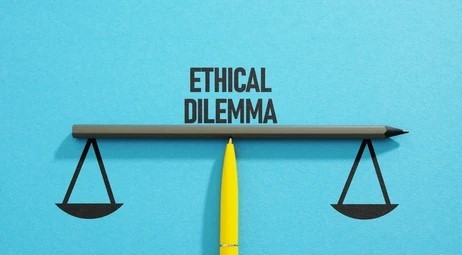THINKING ALOUD: Is the Arusha Declaration in a free-market economy possible?
What you need to know:
To my surprise, I received several emails mostly encouraging me to write more about the Arusha Declaration. To write about it, one has to start with Mwalimu Julius Nyerere’s vision.
In one of my articles last December, I said it was more important to revisit the Arusha Declaration (and Tanu Policy on Socialism and Self-reliance) than to write a new Union constitution. To my surprise, I received several emails mostly encouraging me to write more about the Arusha Declaration. To write about it, one has to start with Mwalimu Julius Nyerere’s vision.
During his tenure as president (1962-85), Mwalimu united the people as “Tanzanians”. In the event, Tanzanians are not polarised by tribe, religion, colour, or level of education.
Another credit to Mwalimu is about wealth: the gap between the rich and the poor. The gap was high on Mwalimu’s agenda, and he was able to reduce it – not by the legendary Robin Hood method, as some rich people perceive.
After Mwalimu stepped down as president in 1985, darkness and obscurity seemed to descend upon the country for almost 30 years.
For all practical purposes, the rich/poor gap widened under subsequent governments, thanks to the pretext of a free market economy, whereby they sold our banks, plundered national resources and made some of us “super capitalists” – and the Arusha Declaration became history.
It is only in the last two years under the fifth phase government of President John Magufuli that some semblance of Mwalimu’s vision is coming forth.
Whatever our ideology is today, what we strongly desire and sorely need is equality and equity. I understand that socialism and democracy cannot really be compared. This is if only because “socialism” is an economic system, while “democracy” is a political ideology.
Economic systems like socialism and political ideologies like democracy can hardly co-exist in the same society. This is the challenge in seeking to revisit the Arusha Declaration so that the two systems become symbiotic.
Inherently, we are driven to follow what Uncle Sam wants. But this shouldn’t be the case. Uncle Sam is politically aware of only two political/economic dimensions: Republican or Democrat; Conservative or Liberal; Rightist or Leftist; Capitalist or Socialist; Big Government or Small Government, Free Market Economy or Planned Economy.
Some observers in the US are beginning to realise that, under Uncle Sam, their democracy is slipping into autocracy. The reason is simple. The US is deeply divided by race and inequality. It is the most vulnerable democracy in the world, with two parties that are divided by nasty partisan politics.
To experience democracy and capitalism in function, one has to see the “Fourth World” on the streets of New York. It’s nothing short of hell-on-earth.
People in the “Fourth World” live in extreme poverty and deprivation in the midst of extreme wealth and prosperity. Denigrating the developing countries as the “Third World” is a favourite pastime in Western countries, the so-called “First World”. It enhances the West’s feeling of wellbeing, achievement and security.
More importantly, it enables the “First World” to ignore the fact that amidst it all is yet another world where people are unable to meet the basic needs of food, secure shelter and clothing. They are socially and economically deprived. They are neglected, unseen, unheard, ignored, dispossessed, unaccounted for.
They come to public and media attention only at times of elections or other tragedies where they can be used in mudslinging. The “Fourth World” might help the “First World” acknowledge the existence of such disparity and injustice – and even accept the blame!
The Arusha Declaration should categorically denounce the existence or creation of anything like the “Fourth World”. The revised Declaration should be inclusive of private ownership of production – with room for collective ownership of the means of production – and emphasise organic social solidarity.
The revised document should espouse freedom of speech, be empirical (demonstrable, verifiable reasoning) and not metaphysical (excessively abstract reasoning). The revised document should shed dogmatism and be scientific in its approach to pursue the greatest possible welfare and happiness for all.
I am not a political scientist; thus, my challenge to our learned political scientists is to come up with a new modified Arusha Declaration in the context of a free market economy. With a new agreeable document, Tanzania can brand its own-created political ideology with the clear goal of equality and equity for all.
There is no need to copy, follow or be told what sort of democracy we should adopt. The Arusha Declaration can be the new blue print on political and economic ideology as determined by Tanzanians.




